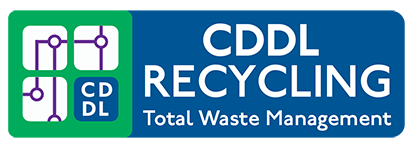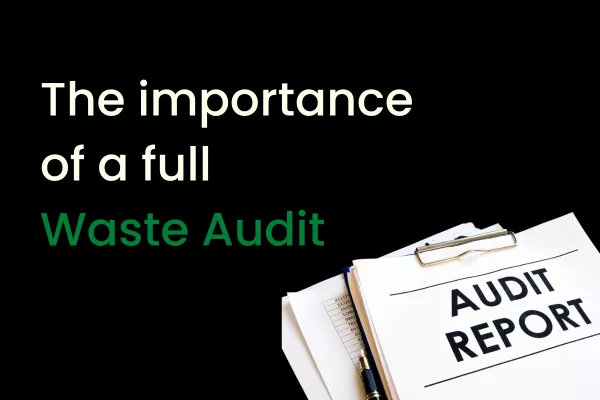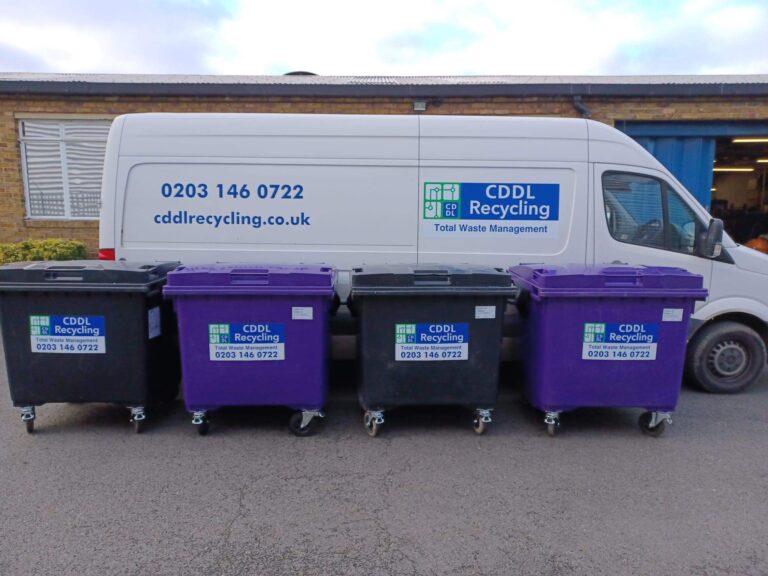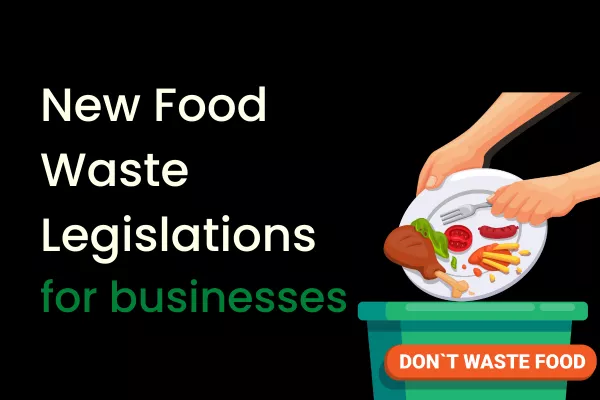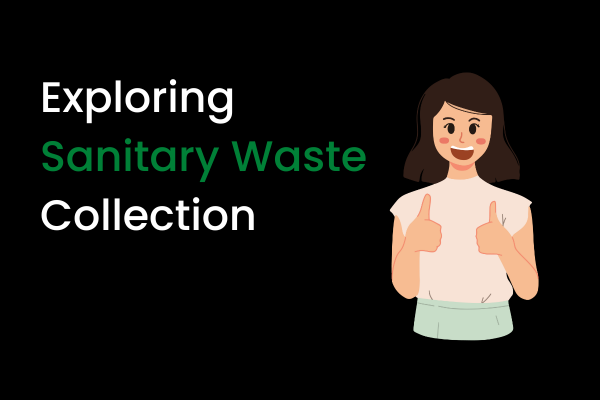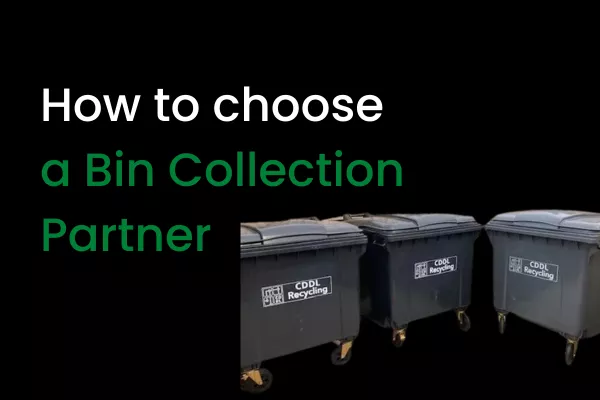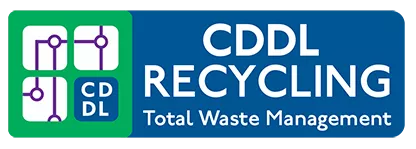5 Ways Waste Management Looks After Your Team
Effective waste management goes beyond simply disposing of rubbish—it plays a crucial role in creating a safe, healthy, and productive workplace environment for your staff. From sanitary waste collections to confidential waste disposal and recycling initiatives, here are five ways waste management practices prioritize the well-being and satisfaction of your employees.
1. Sanitary Waste Collections
Providing designated bins for sanitary waste ensures that female employees have access to safe and hygienic disposal options for feminine hygiene products. This not only promotes comfort and convenience but also supports menstrual health and reduces the risk of exposure to harmful bacteria. By implementing sanitary waste collections, businesses demonstrate their commitment to inclusivity and hygiene standards, contributing to a more supportive workplace environment.

2. Confidential Waste Collections
Confidential waste, including sensitive documents and information, requires secure disposal to protect your staff and business from data breaches and identity theft. Establishing confidential waste collection services ensures that sensitive materials are securely destroyed or recycled, safeguarding confidential information and maintaining trust within your organization. By prioritizing confidentiality, businesses demonstrate their commitment to protecting staff privacy and maintaining compliance with data protection regulations.

3. General Waste Management
Efficient management of general waste is essential for maintaining a clean and clutter-free workplace environment. Regular Bin waste collection services prevent the accumulation of rubbish, reducing the risk of pest infestations and unpleasant odours. By keeping workspaces clean and tidy, businesses create a more pleasant and inviting atmosphere for staff, enhancing morale and productivity. General waste management also contributes to environmental sustainability by minimizing landfill waste and reducing the carbon footprint of businesses.
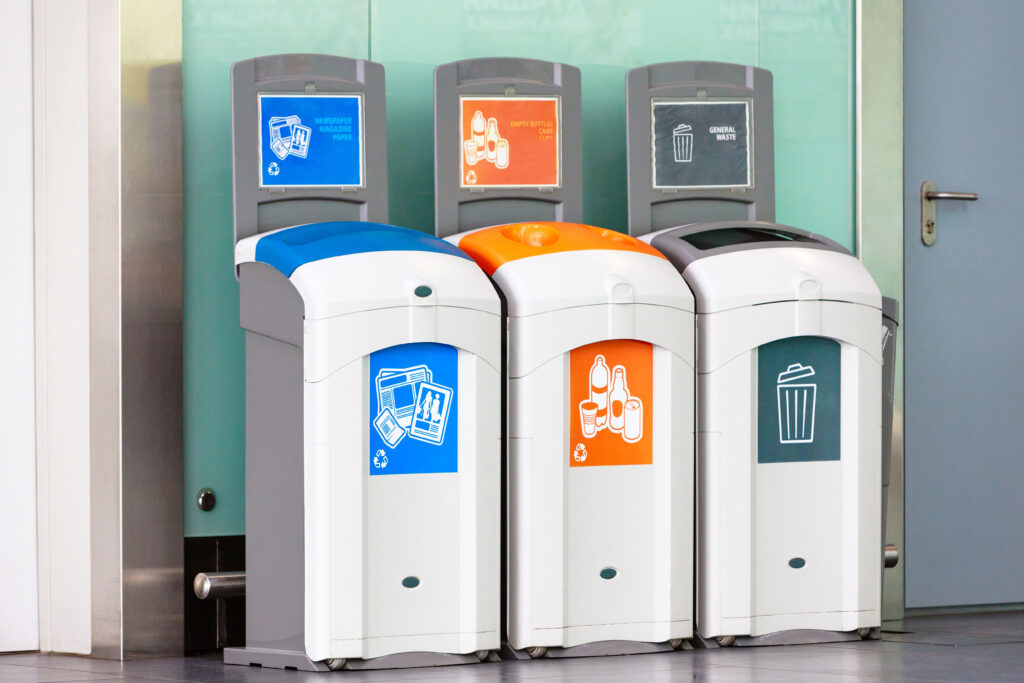
4. Recycling Initiatives
Implementing recycling initiatives not only reduces waste sent to landfill but also promotes environmental stewardship and resource conservation. By providing recycling bins for paper, plastic, glass, and other recyclable materials, businesses empower staff to participate in sustainable practices and reduce their ecological impact. Over the long term, recycling initiatives can lead to cost savings through reduced waste disposal fees and potential revenue generation from recycled materials. Additionally, promoting a culture of recycling fosters a sense of corporate responsibility and community engagement among employees.
5. Hazardous Waste Management
Proper disposal of hazardous waste, such as chemicals, batteries, and electronic equipment, is essential for protecting staff from potential health and safety risks. Establishing procedures for the safe handling, storage, and disposal of hazardous materials ensures compliance with health and environmental regulations, minimizing the risk of accidents or exposure to harmful substances. By prioritizing hazardous waste management, businesses prioritize the health and well-being of their staff and demonstrate their commitment to workplace safety.
Ready to enhance your waste management practices and support your staff?
Effective waste management practices play a vital role in safeguarding the health, safety, and satisfaction of your staff. From sanitary waste collections to recycling initiatives and hazardous waste management, businesses can create a supportive and sustainable workplace environment that promotes employee well-being and environmental responsibility. Embrace these waste management strategies to enhance workplace hygiene, productivity, and morale.
Contact CDDL Recycling today to explore our comprehensive waste collection and recycling solutions. Together, let’s create a safer, cleaner, and more sustainable workplace for your team.
Enjoyed this article? Make sure to follow us on facebook for more from the CDDL Team
